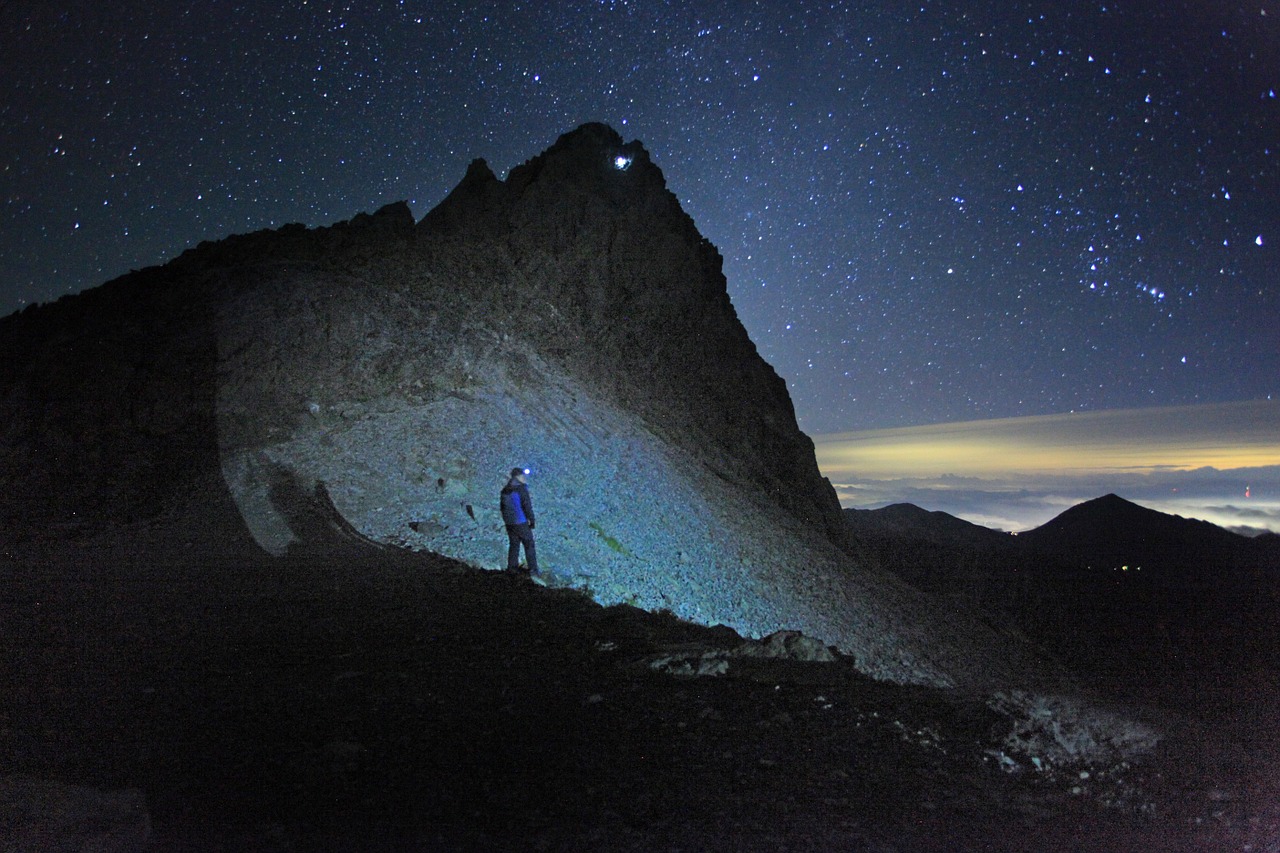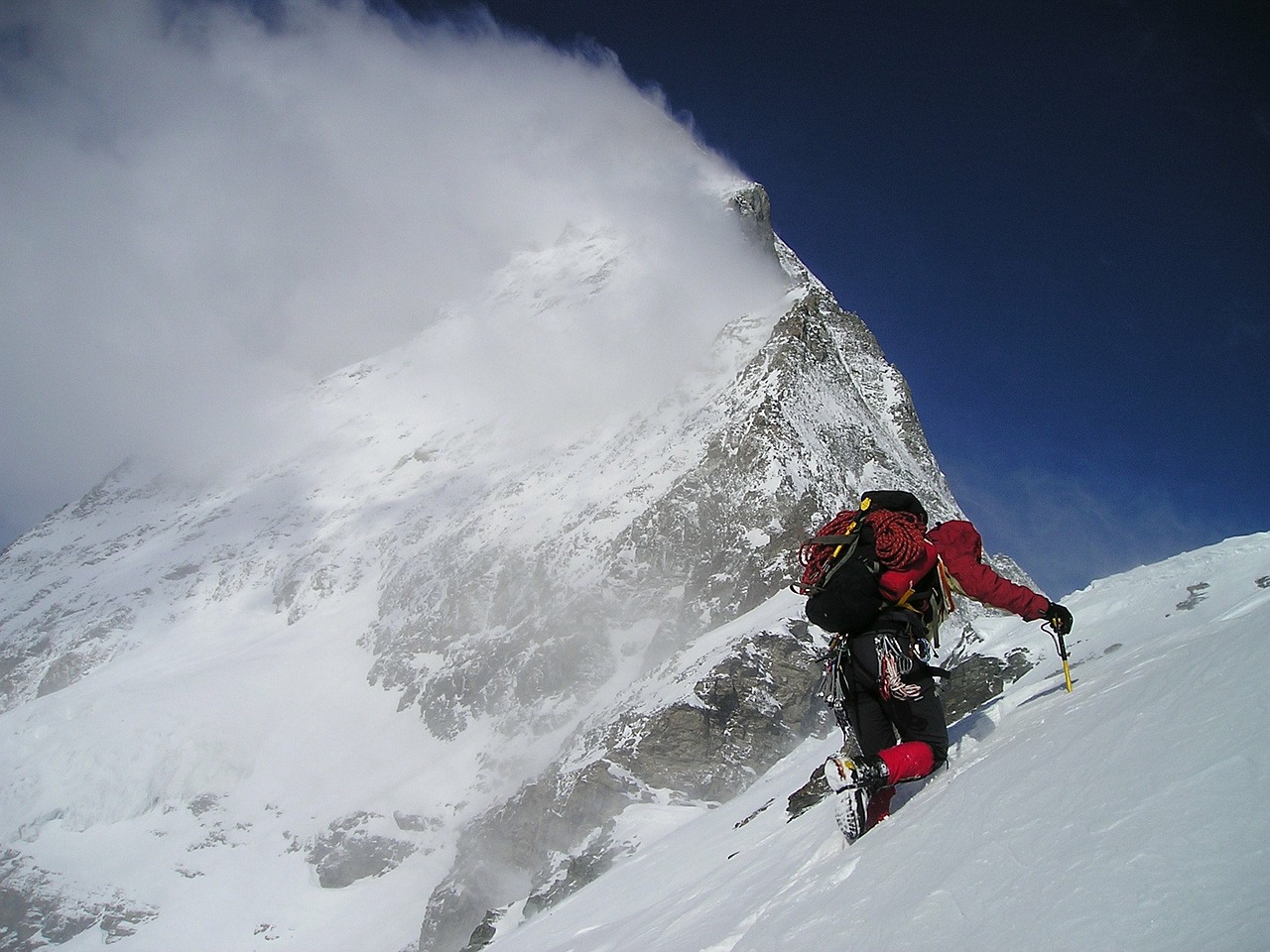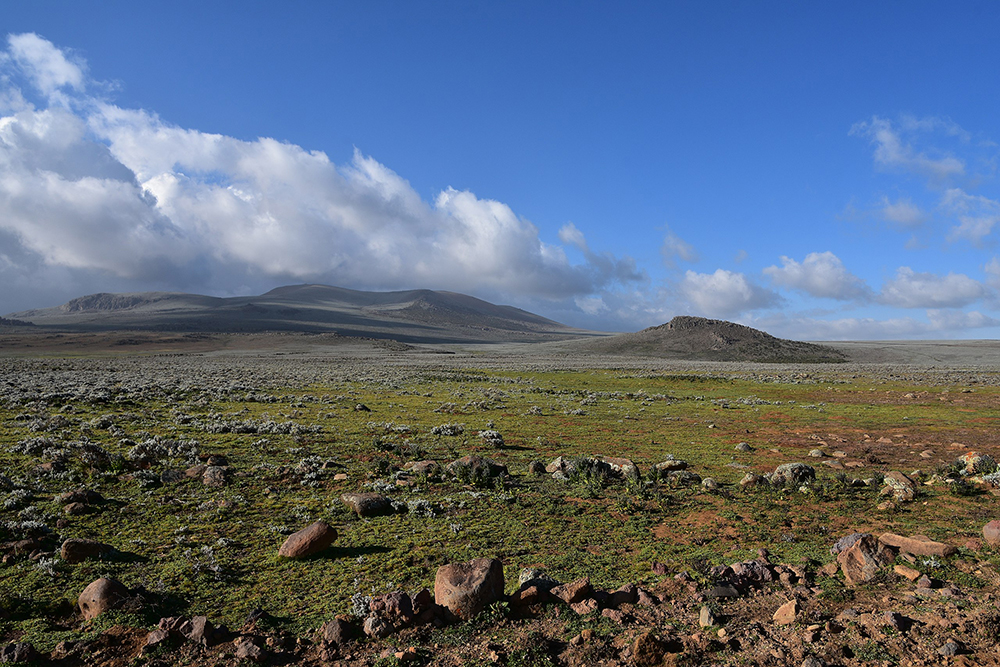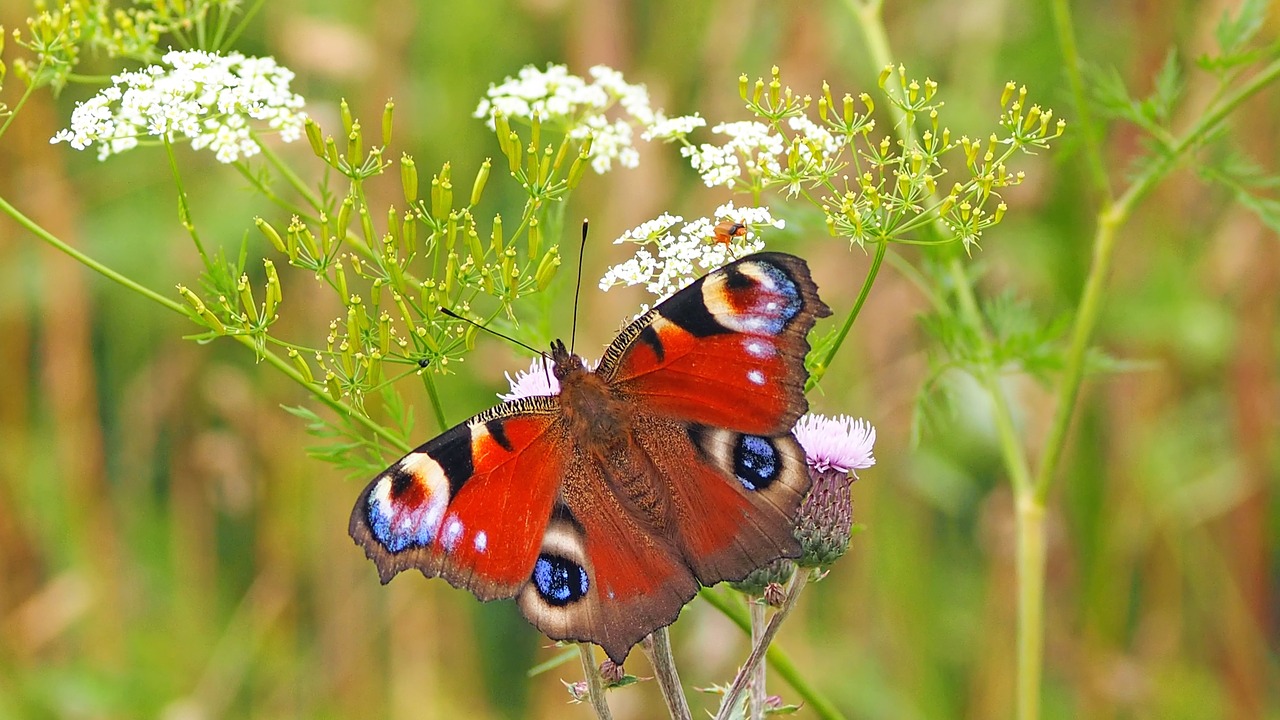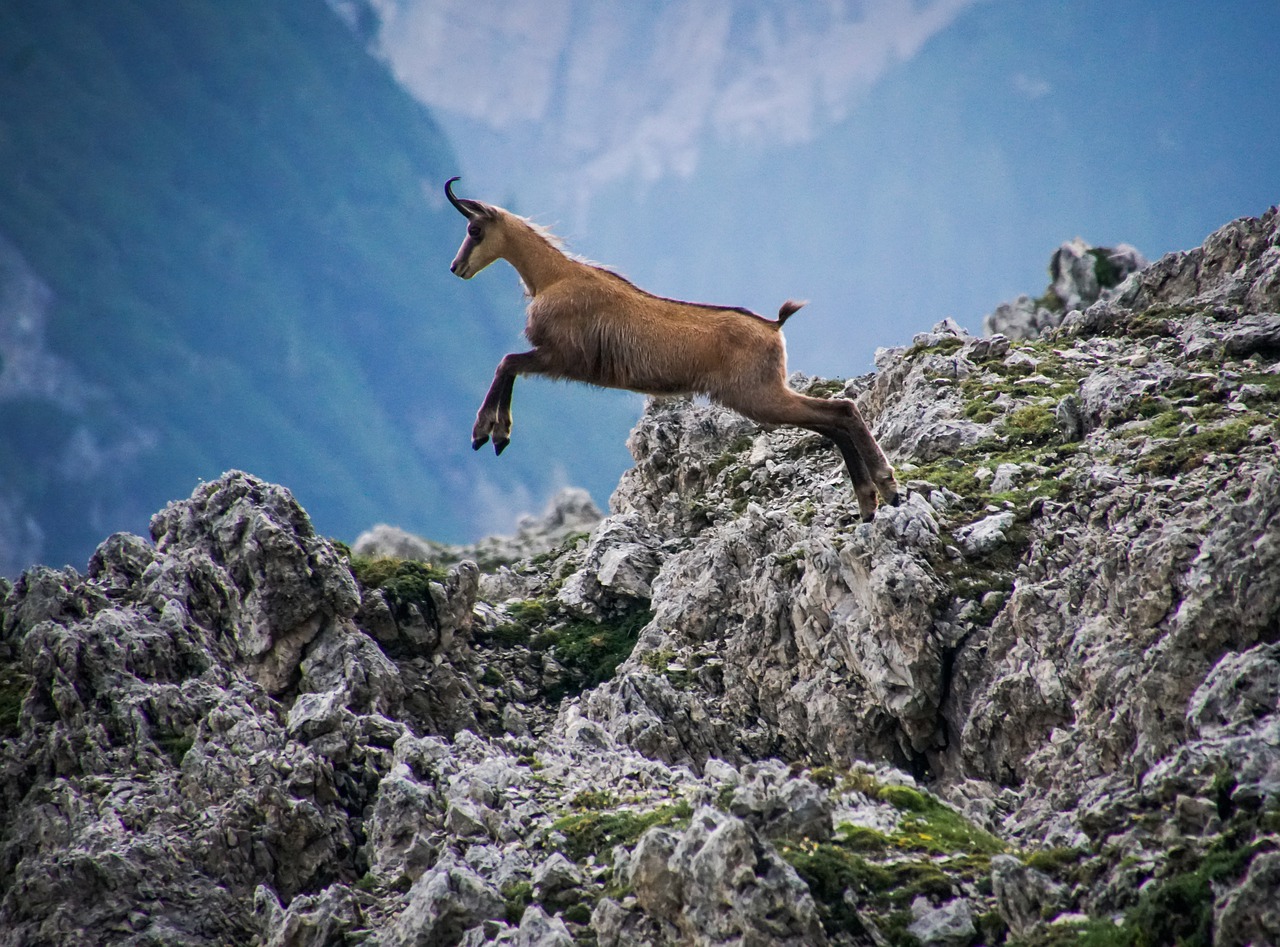News
- Details
- Category: News
European Research Council (ERC) Starting Grants are designed to support excellent Principal Investigators who are at the career stage of typically two to seven years after their PhD.
Up to EUR 1.5 million is available for projects of up to five years duration.
- Details
- Category: Global News
The IPBES Plenary, at its seventh session held in Paris from 29 April to 4 May 2019, adopted 'the rolling work programme of IPBES up to 2030' (set out in annex I to decision IPBES-7/1), which includes, under its first objective, a thematic assessment of the interlinkages among biodiversity, water, food, and health.
This assessment will use a nexus approach to examine the strong interlinkages among the Sustainable Development Goals related to food and water security, health for all, protecting biodiversity on land and in the oceans, and combating climate change, among others. Interlinkages take various forms, including synergies, co-benefits and trade-offs.
- Details
- Category: Global News
A unique project is linking in-situ measurements with natural hazard research. For the past ten years, a network of wireless sensors on the Matterhorn’s Hörnli ridge has been constantly streaming measurement data on the condition of steep rock faces, permafrost, and prevailing climate. The project leader, Jan Beutel, reviews progress to date.
The summer heatwave of 2003 triggered a rockfall that shocked both researchers and the general public: 1,500 cubic metres of rock broke away from the Hörnli ridge – a volume roughly equivalent to two houses. The fracture event exposed bare ice on the surface of the steep scarp. Experts soon realised that the record temperatures had warmed the rock down to such a depth that the ice contained in its pores and fissures had melted. This effectively caused a sudden reduction of the bonding holding the rock mass together.
- Details
- Category: Global News
A rock overhang at almost 3500 meters in today's Ethiopia was permanently settled by Stone Age hunters over 40,000 years ago – making it the oldest known prehistoric dwelling in a high mountain range. This is according to a new study published in the journal Science.
The Bale Mountains are a mountain range in southern Ethiopia whose peaks reach heights of up to 4300 meters. This large Afro-alpine ecosystem is considered relatively pristine; the mountains were believed to have only recently been colonized. However, according to a new study conducted by an international and interdisciplinary research group, hunters settled permanently in this area during the last glacial period some 40,000 years ago. By analyzing the environmental and climatic conditions in the region, experts in archeology, soil science, geography, geology, and biology were able to prove that glaciers were located near the former settlement area in the Bale Mountains. The research team was also able to show, based on archaeological discoveries, that these Stone Age settlers made obsidian tools and fed on giant mole-rats.
- Details
- Category: News
The IPBES Values Assessment builds on previous work done by IPBES and other initiatives in connection with values and the valuation of nature and its contributions to people. The external review of the First Order Chapter Drafts is now open – and your expertise is needed!
IPBES have announced the start of the external review for the First Order Drafts of the chapters of the IPBES methodological assessment regarding the diverse conceptualization of multiple values of nature and its contributions, including biodiversity and ecosystem functions and services (IPBES values assessment).
- Details
- Category: MRI News
At the recent second lead authors meeting of the IPCC Sixth Assessment Report Working Group II, held in Kathmandu in Nepal, the author team for the Cross-Chapter Paper on Mountains had the opportunity to consider the internal review comments received on its Zero Order Draft, and steer a course towards the development of the First Order Draft due in early October 2019. The MRI has now issued a call for published review and synthesis papers that respond to the assessment needs identified by the authors in Kathmandu.
At the 46th session of the IPCC in Montreal in September 2017, the outline for the IPCC Working Group II contribution to AR6 was approved – including a Cross-Chapter Paper on Mountains (CCP-Mountains, 15 pages). The IPCC Working Group II contribution to the Sixth Assessment Report (AR6) is currently underway, and will be finalized in 2021.
- Details
- Category: MRI News
Key reforms recently passed by the World Meteorological Organization (WMO) offer encouraging prospects for collaboration on our changing mountains.
So far, 2019 has been a busy year for the WMO – the specialized agency of the United Nations dedicated to international cooperation and coordination on the state and behaviour of the Earth’s atmosphere, its interaction with the land and oceans, the weather and climate it produces, and the resulting distribution of water resources. Among key reforms passed at its recent Congress in June are encouraging prospects for coordination and collaborations on mountains. Support for the work of the WMO’s Polar and High Mountain Observations, Research, and Services (PHORS), and the upcoming High Mountains Summit in October 2019, are flagged as key opportunities to link the work of the MRI and its community to important agendas for our changing mountains.
- Details
- Category: MRI News
The MRI is supporting a call issued by the Association of Polar Early Career Scientists – in collaboration with other early career associations and networks – for early career researchers from various disciplines to come together to produce a group review of the Intergovernmental Panel on Climate Change Working Group II contribution to the 6th Assessment Report.
The First Order Draft of the Intergovernmental Panel on Climate Change (IPCC) Working Group II contribution to the 6th Assessment Report is due to be published around 2021. The Association of Polar Early Career Scientists (APECS), Permafrost Young Researchers Network (PYRN), Young Earth System Scientists (YESS), PAGES Early-Career Network (PAGES-ECN), the Mountain Research Initiative (MRI), and the Interdisciplinary Marine Early Career Network (IMECaN) are coordinating the next review of this report by early-career experts, taking place between October and November 2019.




